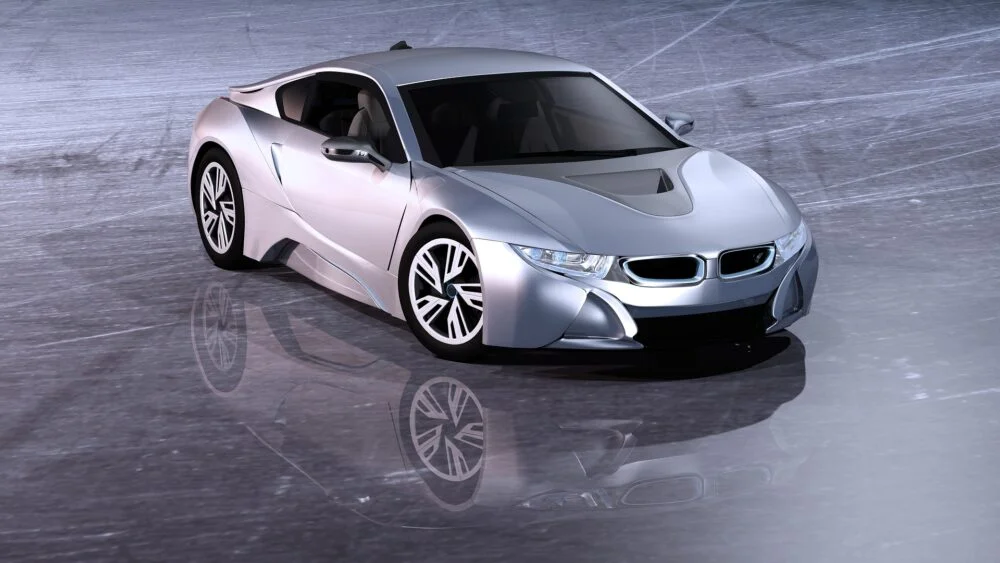Luxury Car Market on Course for $1 Trillion Market Value

The last few years have been tumultuous for the global automotive industry, with a combination of demand-dampening lockdowns and supply-constricting silicon shortages conspiring to create the most challenging market environments in recent memory.
The years ahead look to provide little respite. Environmental and political factors are likely to accelerate the drive toward fully electric vehicles becoming commonplace. This trend is likely to be especially prevalent at the top end of the market, with luxury cars being particularly affected.
The 2030 Petrol and Diesel Ban
Governments around the world are setting targets for industry to decarbonise. The UK government is no exception, having announced its intention to ban the sale of new petrol and diesel vehicles by 2030. This has incentivised auto manufacturers to make the switch more quickly, which means that existing stocks of luxury cars have had to be sold at lower prices. In some cases, this has meant selling at a loss in order to keep the ball rolling.
Luxury car outlook
According to a report by Fortune Business Insights, the global luxury car market sat at just under half a trillion US dollars in 2019, and is expected to rise to around $655 billion by 2027. According to the authors, the brand value of recognised names like Mercedes and BMW will diminish unless those names come to be associated with emotionally resonant social values. In other words, if these manufacturers don’t come up with green offerings, they’ll be seen as relics by the time that the electric car is mainstream in a few years’ time.
Driving this trend are environmental concerns, which have caused governments to provide incentives for the sale of electric cars. We’re also seeing higher demand for pre-owned luxury cars, with resale markets becoming more technically sophisticated and systemised. We might also see higher appetite for leasing an electric car, as an alternative to buying one.
Will German manufacturers survive?
Germany is a nation with a world-beating automotive sector. This pedigree, stretching back decades to the first Mercedes, is rooted firmly in the internal combustion engine. With the transition to electric, it’s feared that these manufacturers may lose their advantage.
While it might seem strange to imagine a time in which Mercedes, BMW and Audi are no longer trading, we should recall that history is littered with huge companies which vanished almost overnight as a result of a technological change.
One potential obstacle to the switch is Germany’s subculture of committed petrolheads, who have proven resistant to adopting electric cars. Many in the country still argue that the combustion engine will be with us for decades to come, and that e-fuels represent a viable alternative to electrification. Another uncomfortable reality is that these companies are larger, with workforces running into the hundreds of thousands. A painful contraction may be about to arrive.





